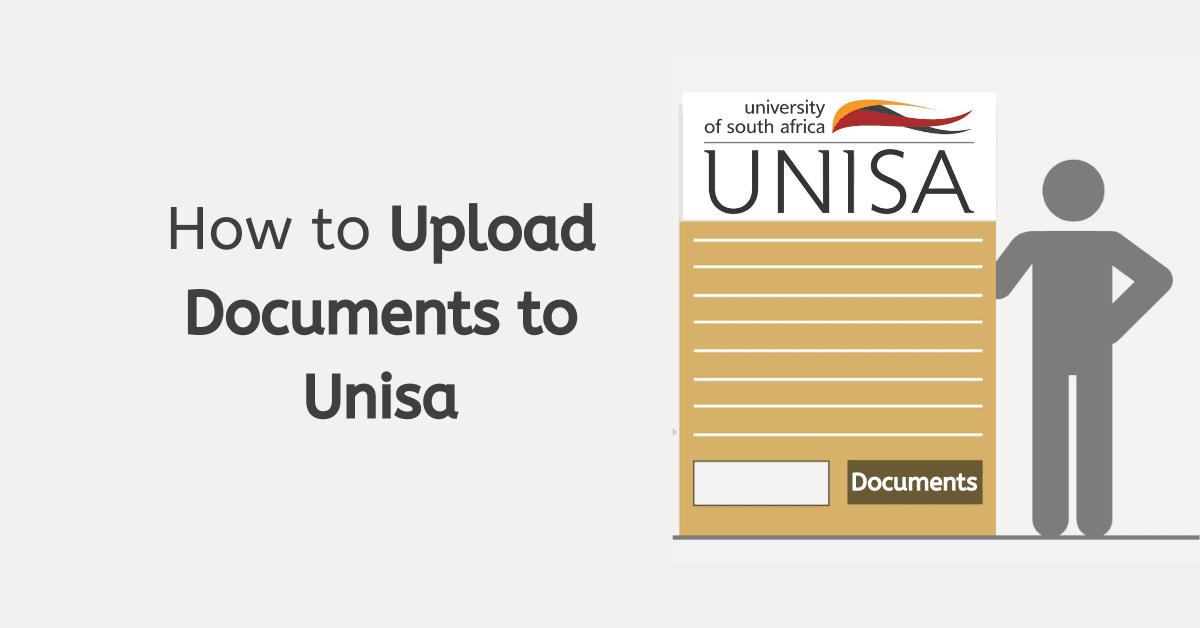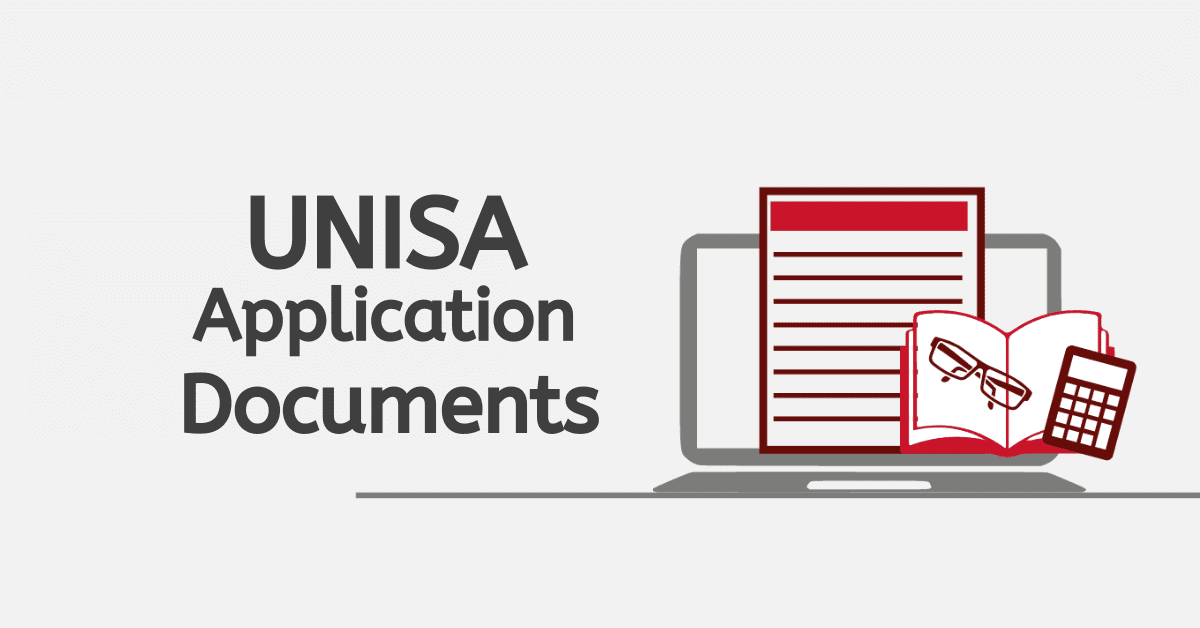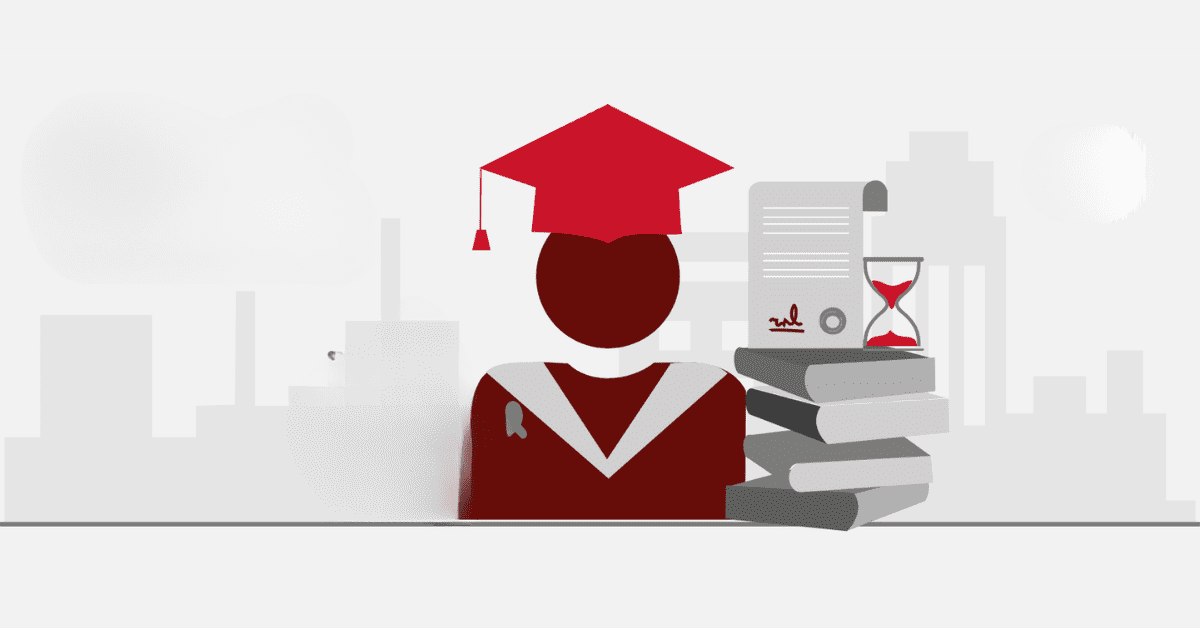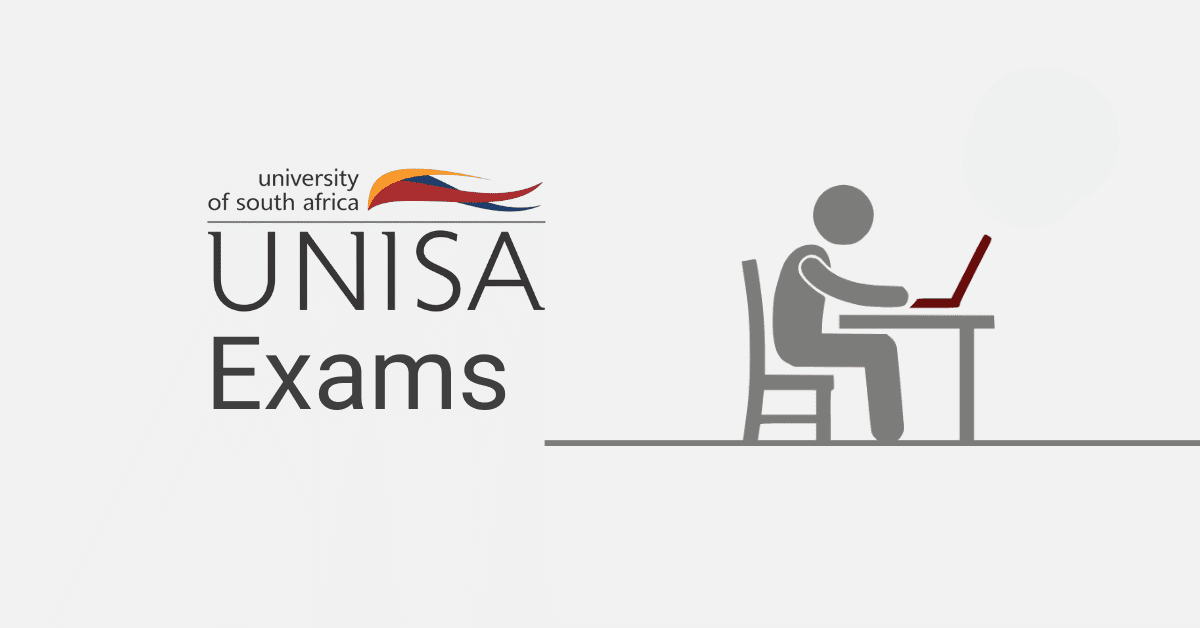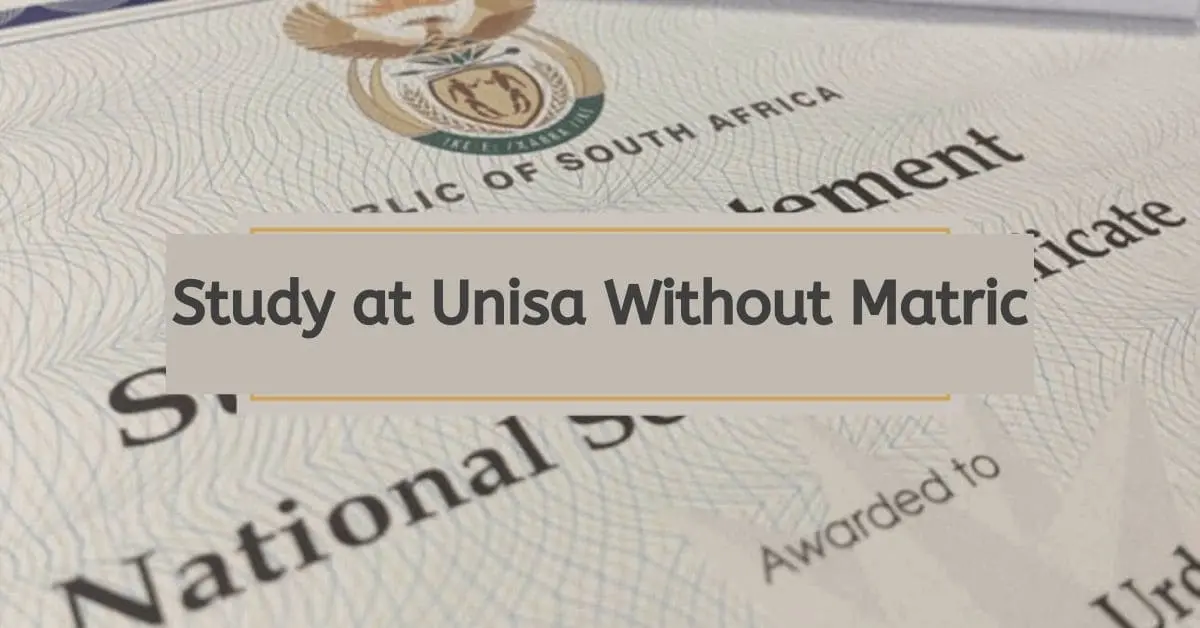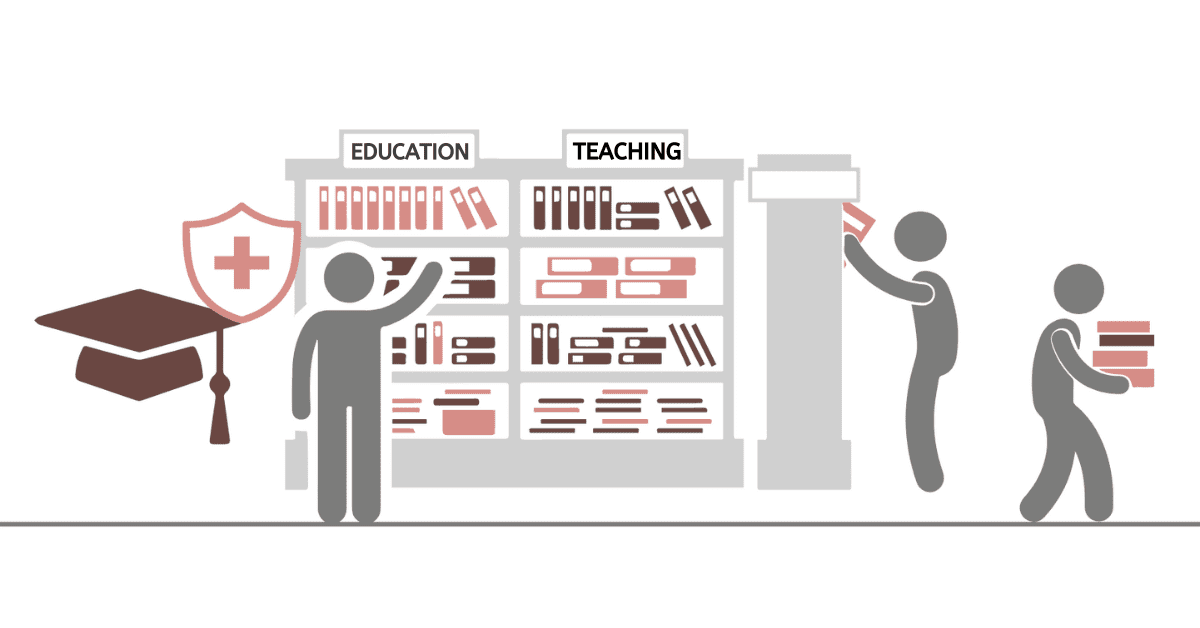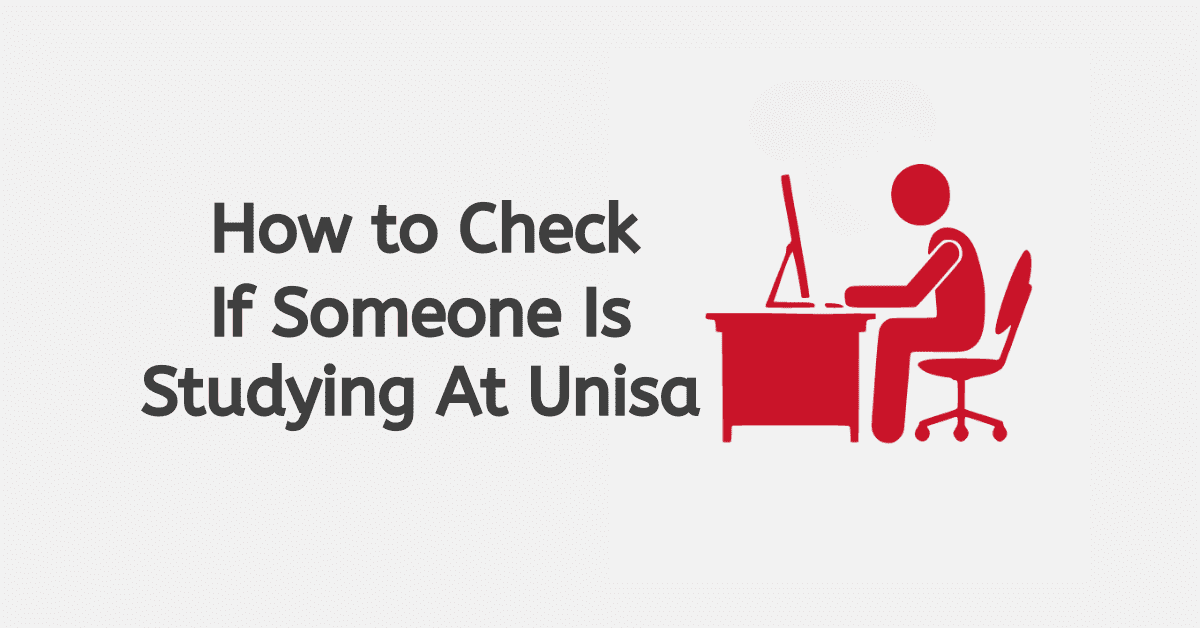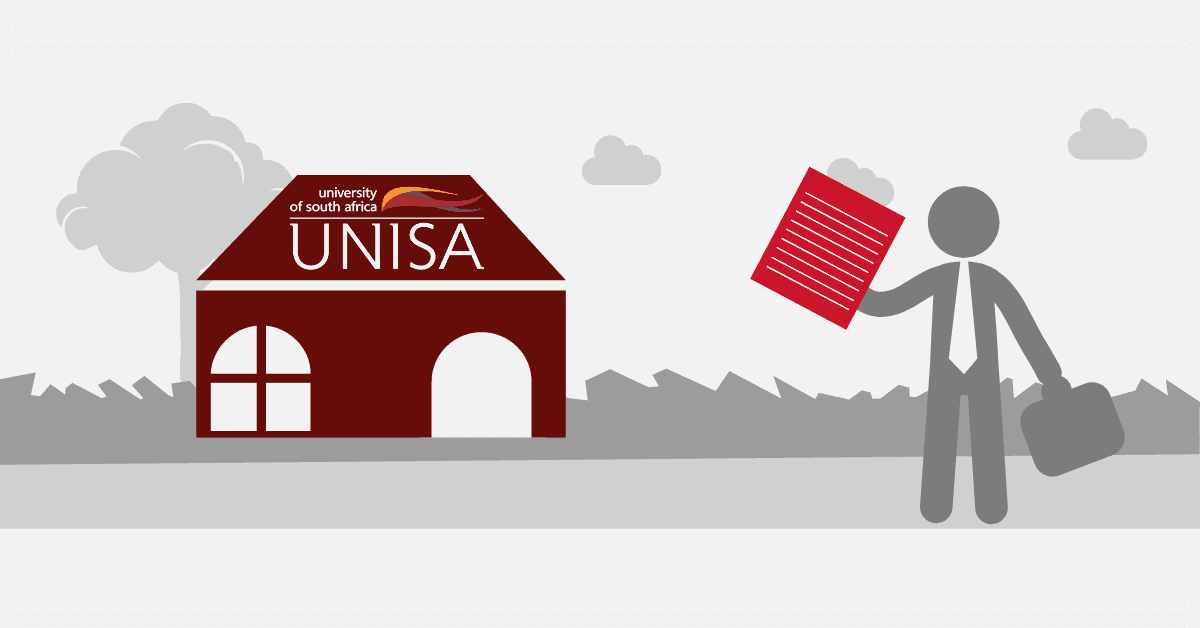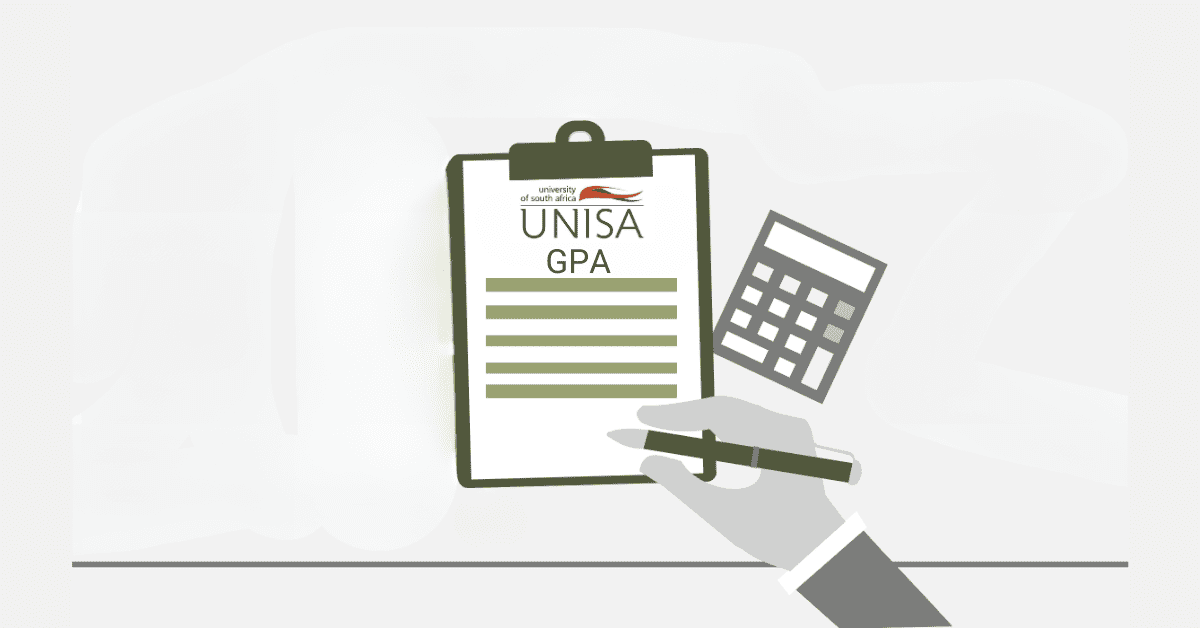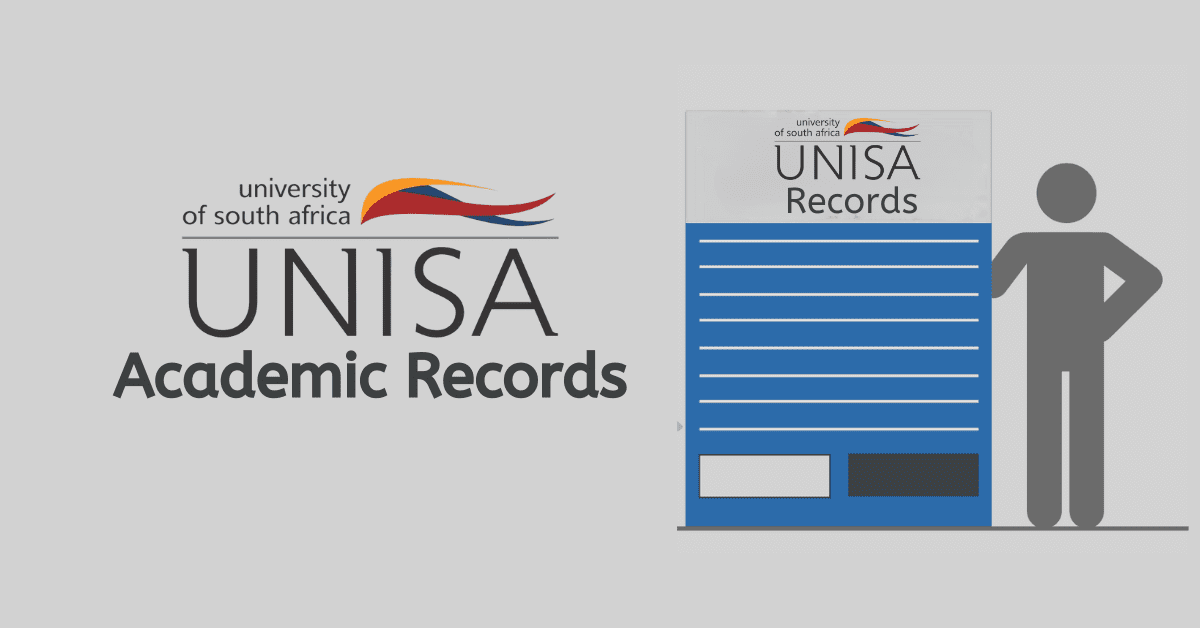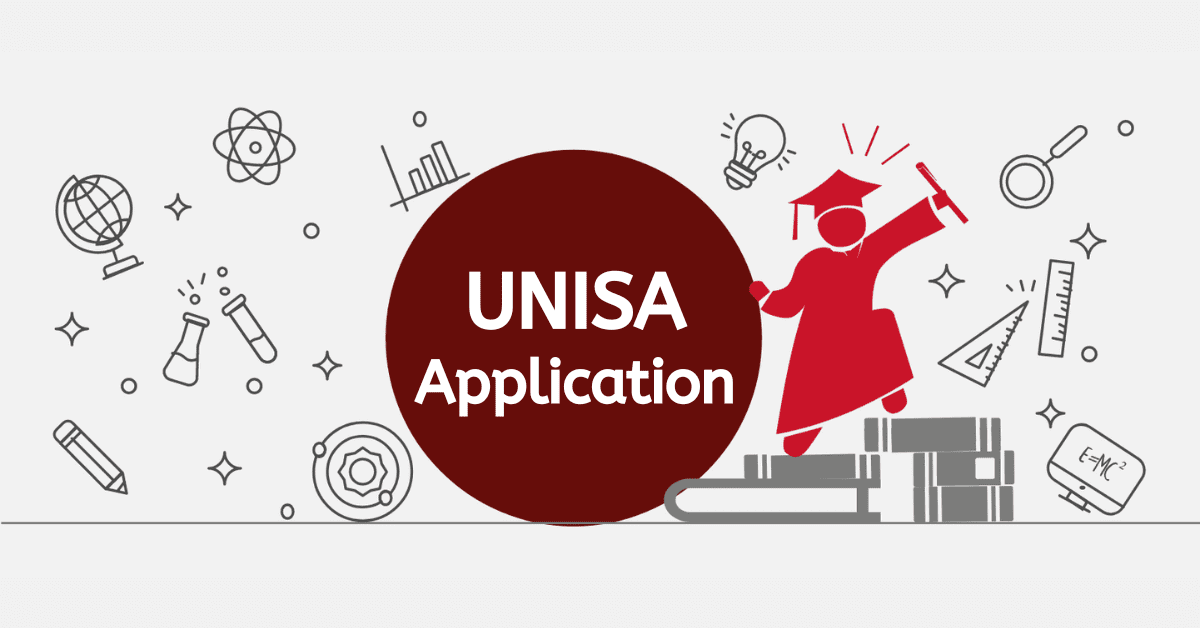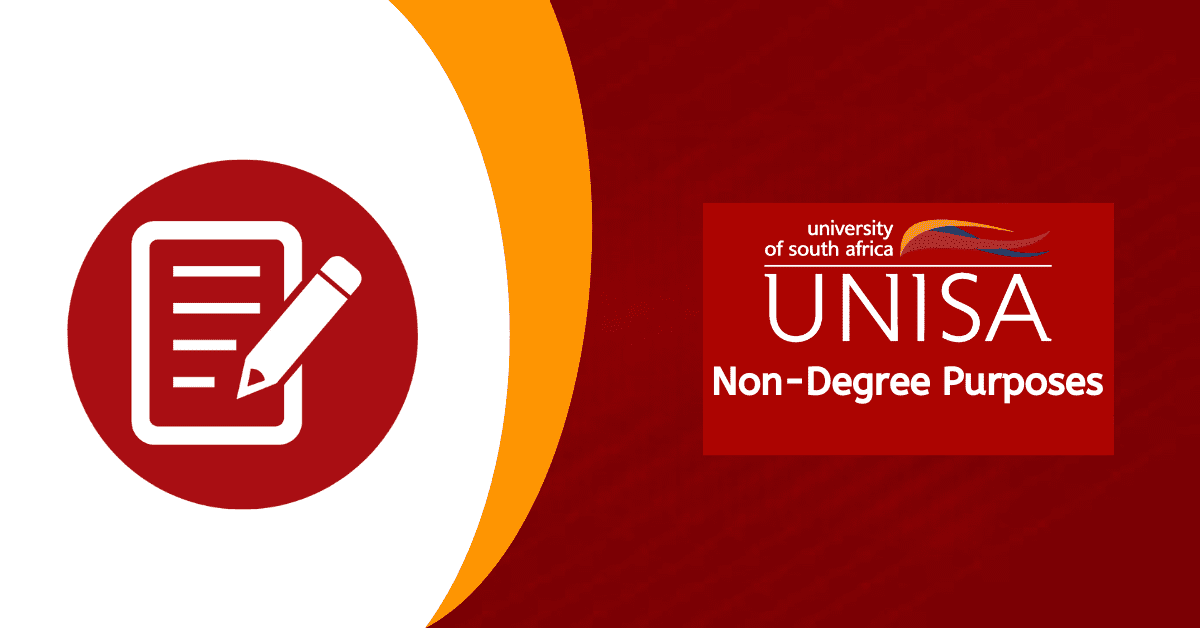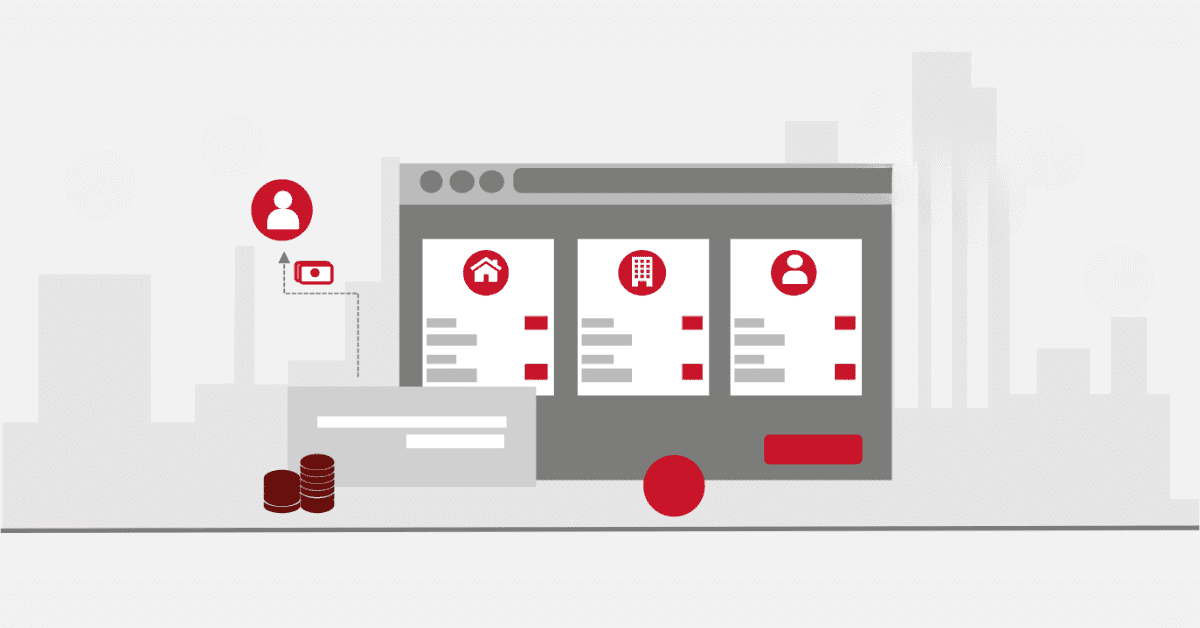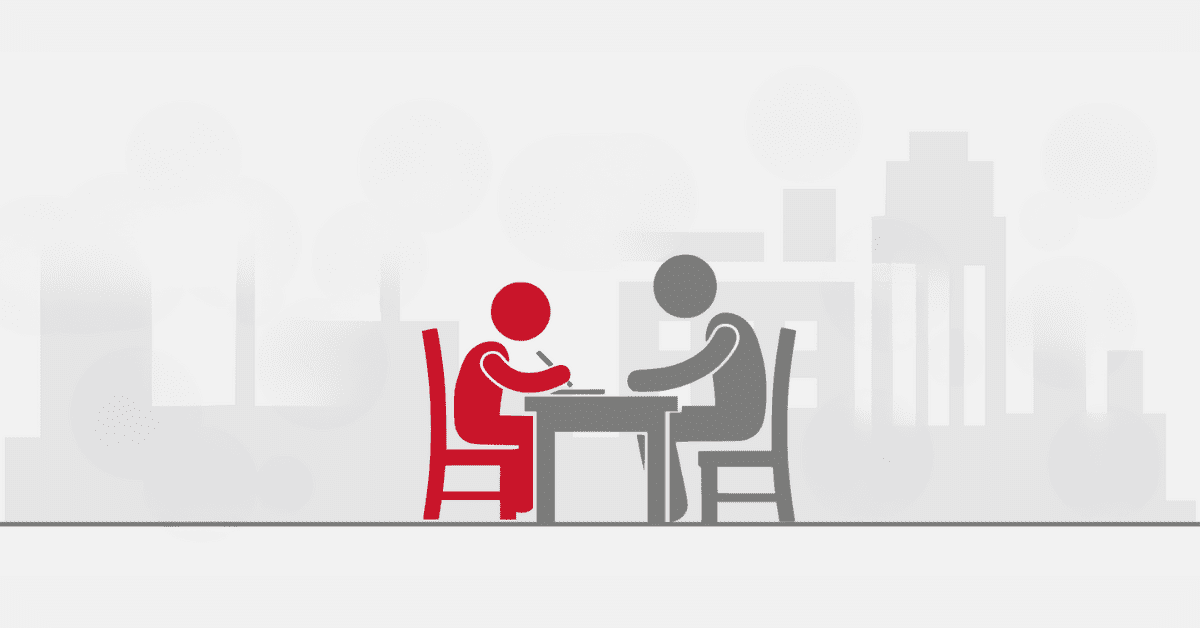Many people hear about RPL at the University of South Africa and get curious about what it entails. Understanding the purpose of RPL and executing it are entirely different things.
At the University of South Africa, one of the leading tertiary institutions in the world, there are certain programs that are provided to promote early growth and career development.
As the world continues to progress, employers and firms are also adapting and evolving in their approach to hiring. Regardless of your skills or knowledge in a job, certain employers or companies may prefer to see some form of recognition from an educational institution that acknowledges your expertise during your employment.
UNISA introduced the Recognition of Prior Learning as RPL as a result of critical thinking and analysis. The purpose of introducing this RPL is to provide an opportunity for employed individuals who have qualifications to undergo an assessment process and gain recognition.
The RPL process offers numerous benefits and, on a broader scale, has been a valuable resource for individuals who possess skills but lack formal qualifications.
Reading this to the end will guide you through the process of recognising prior learning at UNISA. We will discuss how to apply for RPL, when and where to apply, as well as the qualifications for this RPL.
How Do I Apply for Unisa RPL?
If you are thinking about applying for a qualification through Recognition of Prior Learning (RPL), it means you believe that the knowledge and skills you have gained through various learning and working experiences. In order to be accepted into a qualification through RPL, you must show that you have the necessary competence based on relevant learning acquired through experience and research.
Here are simple bulleted steps to help you apply for UNISA RPL.
- Visit this link at www.unisa.ac.za/apply to select the course you are interested in.
- Fill out the application form with all the necessary information.
- Submit your application once done
- Choose the modules that best suit your work experience and qualifications.
- Complete the RPL application form, gather all the necessary documents, and make sure to provide evidence of the application fee payment.
- Make sure to complete the RPL assessment that follows
- Submit your RPL application and accompanying documents to the academic coordinator.
- It is important to exercise some patience while waiting for feedback from the administrative department.
- Once your application is accepted, you will be required to complete a further compulsory assessment.
When can I apply for RPL at Unisa?
The RPL is always open to UNISA students, whether undergraduate, master’s or doctorate. Once you meet the necessary criteria, you can always apply for the RPL at UNISA
The period to apply for the RPL at UNISA is determined by the application window.
It is important to stay updated on the application open window to apply for RPL.
How long does the RPL process take?
The process of Recognition of Prior Learning (RPL) is thorough and requires a significant amount of time. It is essential to plan ahead when registering for any event or programme. To ensure a smooth registration process, it is necessary to start the process well ahead of your desired registration date.
The RPL process can take up to a year. But when it comes to the application and its process, it takes less than 4 weeks to complete. The RPL process may differ among the courses and qualifications. Therefore, there is always the need to ensure you understand the initiation of the process to completion.
Who qualifies for RPL?
When it comes to applying for Recognition of Prior Learning (RPL), it is necessary to have a clear understanding of the criteria that determine eligibility for this process.
RPL is a valuable approach that enables individuals to have their existing knowledge and skills assessed, thereby acknowledging and validating their prior learning experiences. Individuals have the opportunity to receive credit towards a qualification or certification by acknowledging their previous learning.
This means they can potentially skip formal training or education. The criteria for selecting candidates for Recognition of Prior Learning (RPL) have been carefully designed to ensure that the process is fair and transparent.
Taken into consideration when assessing prior learning. These factors may include the relevance of the prior learning to the desired qualification or skill, the depth and breadth of knowledge demonstrated, the currency of the learning, and the authenticity of the evidence provided. It is important to note that each RPL assessment process is unique and may involve additional criteria specific to the institution or organisation.
To be eligible for RPL, individuals must be at least 23 years old and possess a minimum of three years of current and relevant work experience. To have acquired prior learning, it could have been obtained through various means such as workplace learning, informal study for personal interest or recreation, company or industry-based training, collaborating with experts, or through life experiences.
